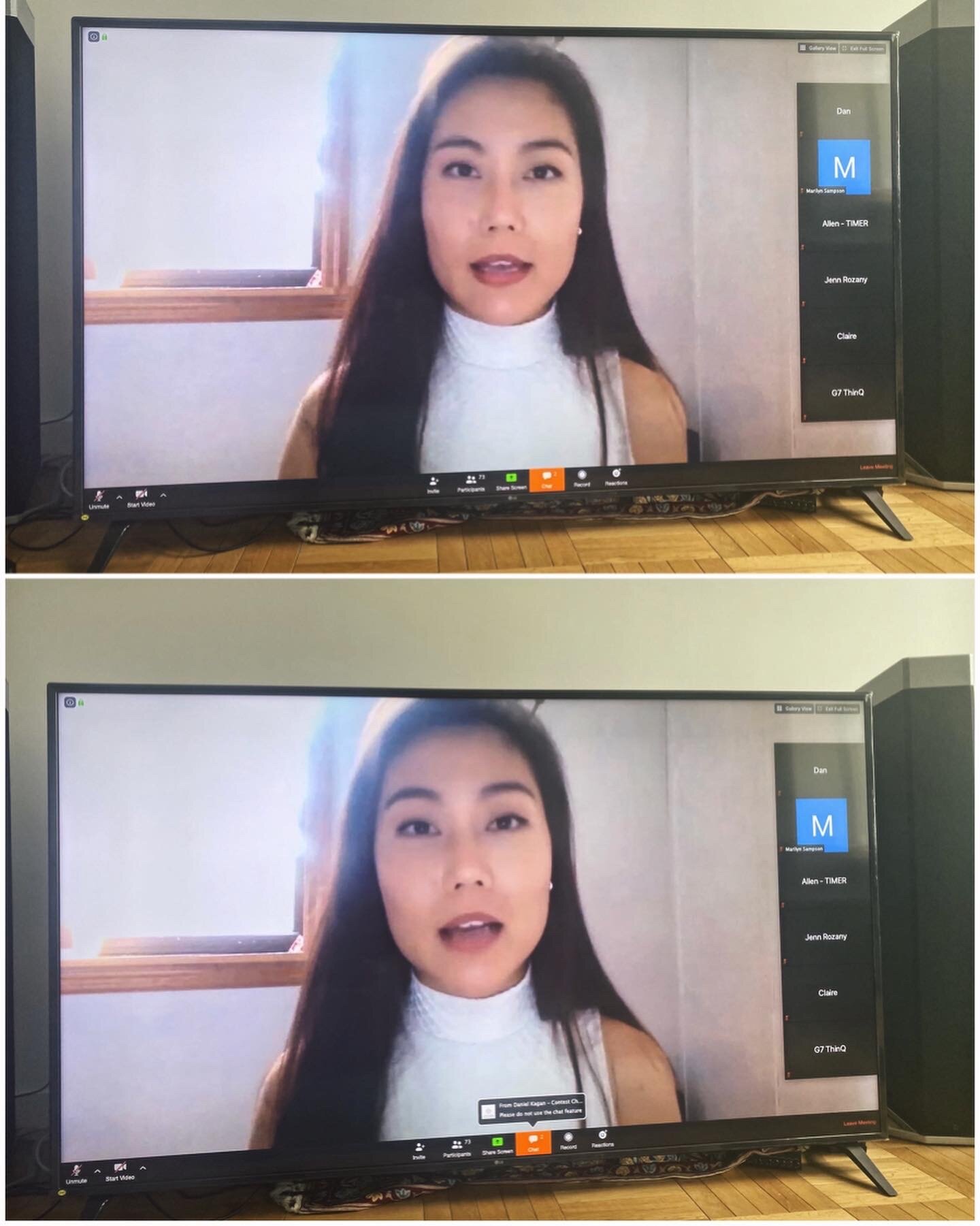5 Things Moderators Wish Their Speakers Knew
1. we care that you’re you — we don’t care if you’re “right” or “wrong"
We want you to respond to questions from your own personal experiences. The reason is that when you answer questions the way you see fit and back it up with a quick story, there isn’t a pressure for you to be “right” or “wrong.”
Keep in mind the reason you specifically were nominated to be on the panel and not someone else is because the organizer was seeking your unique take.
So bring it on.
Also, saying “I don’t know” is not only acceptable but it’s awesome. We welcome it because we want an honest discussion.
The best moderators know that hearing “I don’t know” is their cue to reframe the question to rebound it back to you or follow up with a different one so you still get the airtime as the other speakers. This is a micromoment when it goes from formal boring panel to casual dinner table like conversation, which is what people really want.
2. It’s our job to make you look good
As a moderator, we want all panelists to feel set up for success. We will send you a couple preparation questions beforehand, draft your introductions, and do our research on your background and your work.
If there is anything you’re uncomfortable with before being on, tell us.
We’re your partner in this dialogue, not your audience.
3. Ask us things
The best podcast episodes and panel conversations are ones where the guests ask questions to the group or back to the moderator. We want you to help us make this an entertaining exchange, not an interrogation.
4. Dial in early
Nothing ruins great stories more easily than terrible audio or weak internet connection. When moderators request you to dial in early to bring you “backstage,” make sure to be there. It’s all for your benefit to put on the best show.
5. You’re not the reason we’re live streaming
As much as it seems like we’re on air for you, we’re not.
The purpose of it is because the organizer recognized the value we could add to the community by sharing knowledge and experiences. People register for events because they believe there is something worth learning or entertaining.
So as a panelist, you’re not the “customer” as much as it feels like you are. You’re part of the event.
The real people we’re trying to delight is the audience.
It’s key to remember that. At anytime if you can thoughtfully involve the audience, such as repeating the name in your answer when they ask a question, it is massive bonus points. We wouldn’t be on without them.
Guest on The Halfie Podcast: Being Half Native American and Half Korean
I’ve been on both sides.
Professionally at CreatorIQ and volunteering with Seoul Startups, I moderate more than I’m on panels for. However, I have been a guest on few podcasts and recently part of a software company’s Sales Kickoff.
Being a panelist again reminded that not all panelists would know these 5 things unless they’ve also been a moderator.
Seoul Startups Community Fireside Chat: Startup Funding in Korea
Panelist on Lessonly’s Sales Kickoff



